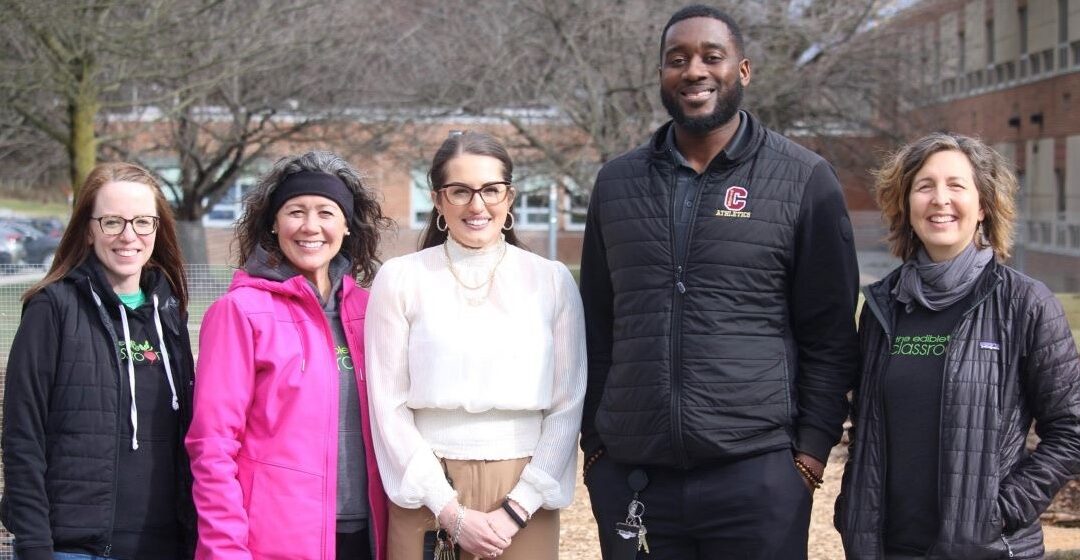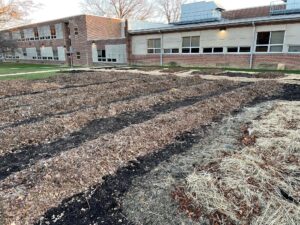
Feeding Education: Empowering Communities Through The Edible Classroom
Being part of the communities we serve goes beyond delivering safe, reliable electricity. Through PPL Foundation Empowering Communities Grants, we support local programs focused on environmental stewardship and education, economic development and/or workforce development.
The Edible Classroom, a recent PPL foundation grant recipient, is using this funding to expand its operations in two districts. The Lancaster-based nonprofit uses the garden as a tool of educational enrichment. It started as an elementary school volunteer project between Beth Horst, Co-Founder and Director of School District of Lancaster Partnerships and Grace Julian, Executive Director, and Project Manager for Columbia High School’s garden.
There’s tremendous value in what it does for children – educating them through a mix of physical and mental education, bringing the community together – and the team hoped to take this to a broader audience. “And that’s how we became The Edible Classroom.” Horst said.
Since 2017, the organization has formed 15 gardens across three districts. Each garden is an interactive outdoor learning space where students build, tend to and grow a garden. The produce is then supplied to the community for consumption.
“The meaningful engagement with the kids keeps us all very engaged and passionate about what we do,” Julian said. “Kids from across the learning spectrum, even those who say that the classroom is not their favorite place to be, come alive outside in the garden.”
With PPL’s funding, lessons are held during the school day that incorporate STEM standards, healthy living, composting and environmental stewardship. The Edible Classroom says the funding helps it make more of an impact in the community.
One of these gardens is at Columbia High School’s Hill Campus. Since receiving the grant last year, the organization has been able to develop and expand space behind the school.
“This takes learning outside of the typical classroom environment,” said Kendall Pankake, the Principal of the Hill Campus. “Our younger and older students have enjoyed being a part of building the garden from the ground up.”

Students from Columbia High School’s Hill Campus expanded and cultivated this garden behind the school with funding from PPL.
The program’s success has sprouted a future full of opportunities. The Edible Classroom is looking at options to both amplify its involvement with the schools it currently serves, while looking forward to the possibility of expanding to other schools and districts.
“We’re so thankful for the funding from PPL because we believe so deeply in the value of the work we’re doing,” Horst said. “We see the ripple effect of growing food in so many areas – it’s the growing, eating, amending soil, the environmental impacts and tying in the community. The investment has helped make a mark, and we look forward to deepening that investment and making it more beneficial for the schools and the communities.”
The Edible Classroom’s goals are at the root of our Empowering Community grants. We strive to help those who help others, and through the power of education, the seeds of community are being planted in Lancaster County.

